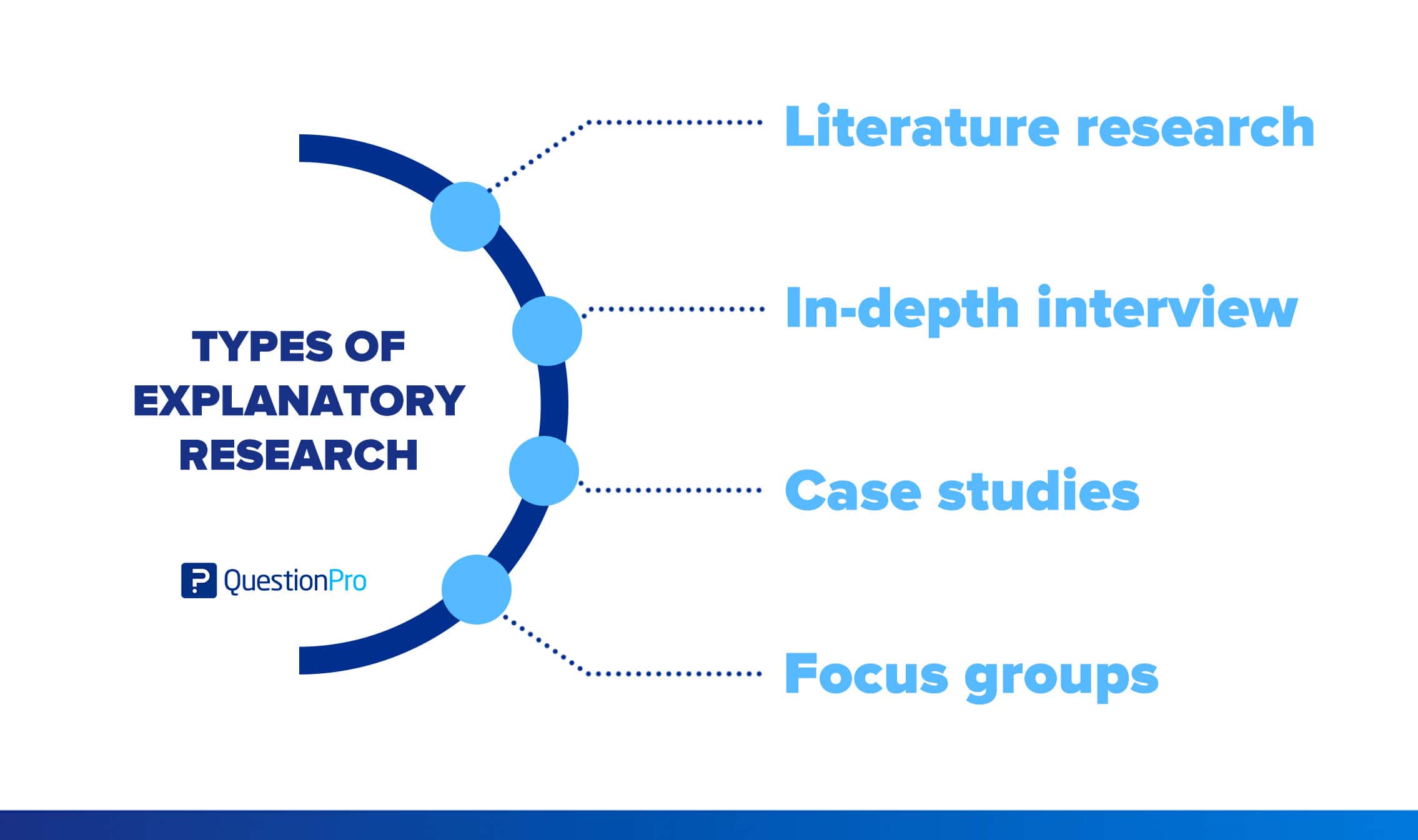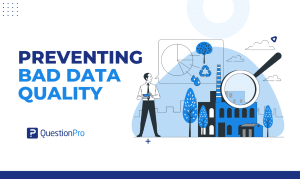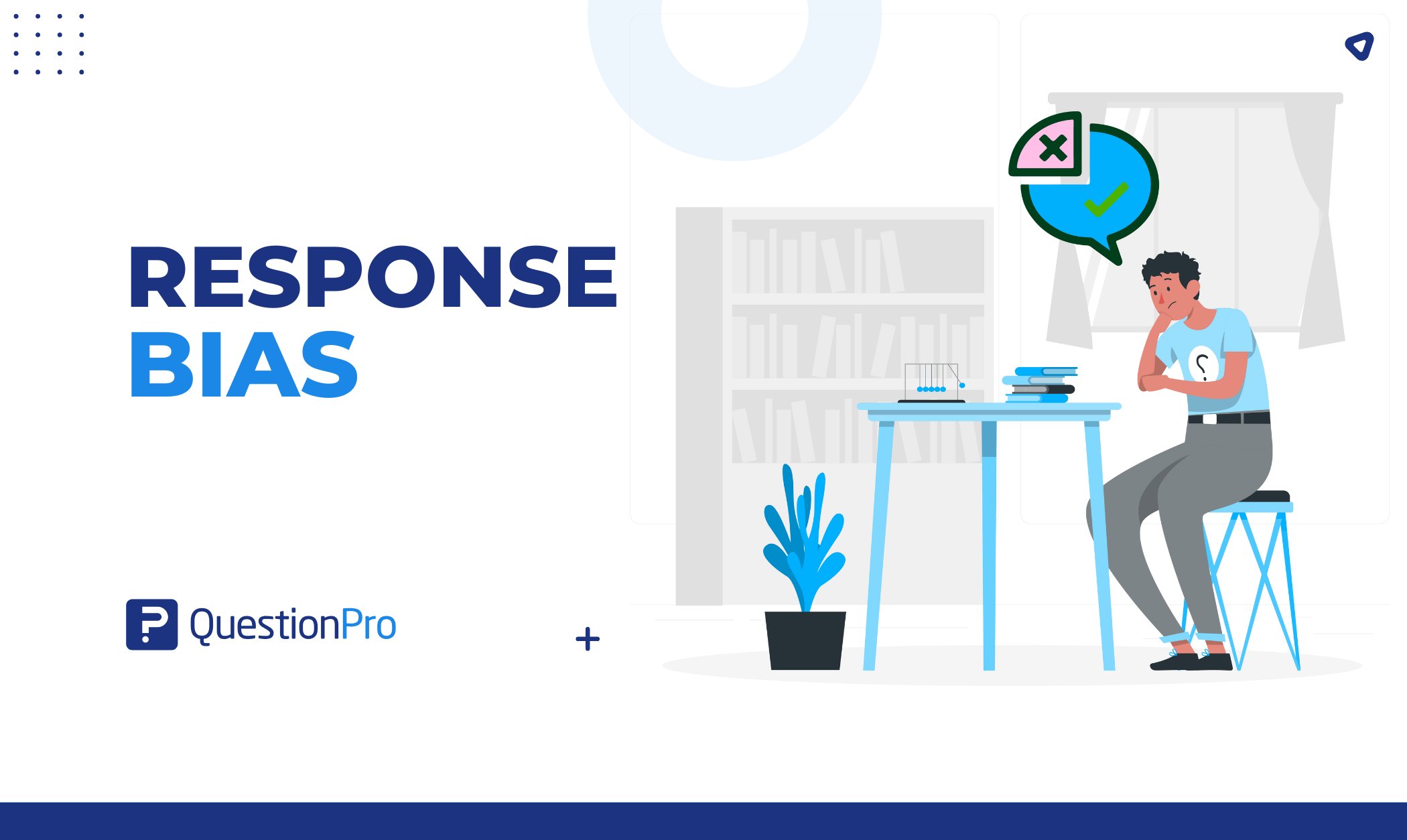
There are many types of research, but today, we want to talk to you about one, in particular, that will give you a new perspective on your objects of study; for that, we have created this guide with everything you need to know about explanatory research. After all, what is the purpose of explanatory research?
What is Explanatory Research?
Explanatory research is a method developed to investigate a phenomenon that has not been studied or explained properly. Its main intention is to provide details about where to find a small amount of information.
With this method, the researcher gets a general idea and uses research as a tool to guide them quicker to the issues that we might address in the future. Its goal is to find the why and what of an object of study.
Explanatory research is responsible for finding the why of the events by establishing cause-effect relationships. Its results and conclusions constitute the deepest level of knowledge, according to author Fidias G. Arias. In this sense, explanatory studies can deal with the determination of causes (post-facto research) and effects (experimental research) through hypothesis testing.
Characteristics of Explanatory Research
Among the most critical characteristics of explanatory research are:
- It allows for an increased understanding of a specific topic. Although it does not offer conclusive results, the researcher can find out why a phenomenon occurs.
- It uses secondary research as a source of information, such as literature or published articles, that are carefully chosen to have a broad and balanced understanding of the topic.
- It allows the researcher to have a broad understanding of the topic and refine subsequent research questions to augment the study’s conclusions.
- Researchers can distinguish the causes why phenomena arising during the research design process and anticipate changes.
- Explanatory research allows them to replicate studies to give them greater depth and gain new insights into the phenomenon.
Types of Explanatory Research
The most popular methods of explanatory research:

- Literature research: It is one of the fastest and least expensive means of determining the hypothesis of the phenomenon and collecting information. It involves searching for literature on the internet and in libraries. It can, of course, be in magazines, newspapers, commercial and academic articles.
- In-depth interview: The process involves talking to a knowledgeable person about the topic under investigation. The in-depth interview is used to take advantage of the information offered by people and their experience, whether they are professionals within or outside the organization.
- Focus groups: Focus groups consist of bringing together 8 to 12 people who have information about the phenomenon under study and organizing sessions to obtain from these people various data that will help the research.
- Case studies: This method allows researchers to deal with carefully selected cases. Case analysis allows the organization to observe companies that have faced the same issue and deal with it more efficiently.
Check out our library of QuestionPro Case Studies to learn more about how we help organizations conduct market research.
Importance of explanatory research
Explanatory research is conducted to help researchers study the research problem in greater depth and understand the phenomenon efficiently.
The primary use for explanatory research is problem-solving by finding the overlooked data that we had never investigated before. At the same time, it might not bring out conclusive data; it will allow us to understand the issue more efficiently.
In carrying out the research process, it is necessary to adapt to new findings and knowledge about the subject. Although it is impossible to conclude, it is possible to explore the variables with a high level of depth.
Explanatory research allows the researcher to become familiar with the topic to be examined and design theories to test them.
Explanatory Reseach Quick Guide
Explanatory research is a great method to use if you’re looking to understand why something is happening. Here’s a quick guide on how to conduct explanatory research:
- Clearly define your research question and objectives. This will help guide your research and ensure that you collect the right data.
- Choose your research methods. Explanatory research can be done using both qualitative and quantitative methods. Some popular methods include surveys, interviews, experiments, and observational studies.
- Collect and analyze your data. Once you’ve chosen your methods, it’s time to collect your data. Make sure to keep accurate records and organize your data so it’s easy to analyze.
- Draw conclusions and make recommendations. After analyzing your data, it’s time to draw conclusions and make recommendations based on your findings. Be sure to present your conclusions clearly and concisely and ensure your data supports them.
- Communicate your findings. Share your research findings with others, including your colleagues, stakeholders, or clients. Also, make sure to communicate your findings in a way that is easy for others to understand and act upon.
Remember that explanatory research is about understanding the relationship between variables, so be sure to keep that in mind when designing your research, collecting and analyzing your data, and communicating your findings.
Advantages and Conclusions
This method is precious for social research. It allows researchers to find a phenomenon we did not study in depth. Although it does not conclude such a study, it helps to understand the problem efficiently. It’s essential to convey new data about a point of view on the study.
People who conduct explanatory research do so to study the interaction of the phenomenon in detail. Therefore, it is vital to have enough information to carry it out.
Finally, we invite you to refer to our market research guide. You can do incredible research and collect data free with our survey software. Get started now!







